Unlock a promising career in food technology and innovation. Contribute to food product development, quality assurance, and sustainable food practices. Enjoy career growth and opportunities in the food industry.
Future Scope & Benefits of M.Tech in Food Technology
As the global food industry continues to evolve, the field of food technology has become increasingly important. An M.Tech in Food Technology offers graduates a promising future filled with opportunities to make a significant impact on the food industry and related sectors. In this section, we'll delve into the future scope and the numerous benefits of pursuing this advanced degree.
Future Scope of M.Tech in Food Technology:
Innovation in Food Products: Food technology professionals play a vital role in developing innovative food products to meet the changing tastes and preferences of consumers. Future prospects include creating healthier, sustainable, and novel food items.
Food Safety and Quality Assurance: With a growing emphasis on food safety and quality, experts in food technology will continue to be in high demand. They work to ensure that food products meet stringent quality standards and are safe for consumption.
Nutritional Analysis: As consumers become more health-conscious, there is a need for professionals who can analyze and improve the nutritional content of food products. This includes reducing additives and enhancing natural ingredients.
Biotechnology and Genetic Modification: Advancements in biotechnology are reshaping the food industry. Food technologists are at the forefront of developing genetically modified organisms (GMOs) and improving crop yields to address global food security challenges.
Food Processing and Preservation: Efficient food processing and preservation techniques are essential to extend the shelf life of food products and reduce waste. The future will see the development of new preservation methods and sustainable packaging solutions.
Regulatory Compliance: Food technologists are responsible for ensuring that food products comply with regulatory standards. Future roles may involve navigating complex international regulations and ensuring global market access.
Sustainability and Environmental Impact: Sustainable food production and reduced environmental impact are top priorities. Professionals in food technology will work on eco-friendly solutions, such as reducing food waste and optimizing supply chains.
Benefits of M.Tech in Food Technology:
Specialized Knowledge: An M.Tech program provides in-depth knowledge of food technology, equipping graduates with expertise in food processing, quality control, and research.
Competitive Edge: With an advanced degree, you gain a competitive edge in the job market, positioning yourself for higher-level roles and responsibilities.
Research Opportunities: M.Tech programs often include research components, allowing you to contribute to cutting-edge research in food technology and related fields.
Global Opportunities: The food industry is global, and an M.Tech degree can open doors to international career opportunities and collaborations.
Entrepreneurship: Graduates can start their food-related businesses or consultancies, creating innovative food products or offering specialized services.
Impact on Public Health: Professionals in food technology contribute to public health by ensuring the safety and nutritional value of food products.
Diverse Career Paths: The versatility of an M.Tech in Food Technology allows you to explore various career paths, from quality assurance to research and development.
Stable Industry: The food industry is resilient, with consistent demand even in challenging economic conditions, providing job stability.
Environmental Stewardship: As sustainability becomes a focal point, food technologists can work toward environmentally friendly practices in food production and distribution.
Consumer Satisfaction: Your work as a food technologist can directly impact consumer satisfaction by improving the taste, quality, and safety of food products.
An M.Tech in Food Technology offers a bright future filled with opportunities to innovate, improve food quality, and contribute to sustainable practices in the food industry. The specialized knowledge and skills acquired during the program empower graduates to play pivotal roles in shaping the future of food technology and addressing the global challenges associated with food production and consumption. Whether you aspire to work in research, product development, quality assurance, or entrepreneurship, this advanced degree can pave the way for a rewarding and impactful career in the food industry.
 2 Years
2 Years
 Post Graduate
Post Graduate
 Engineering
Engineering
 Full Time
Full Time
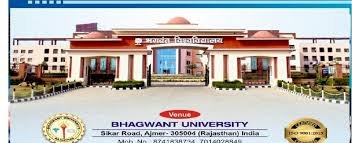
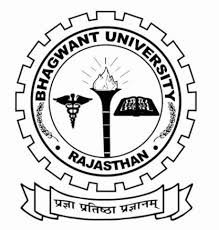
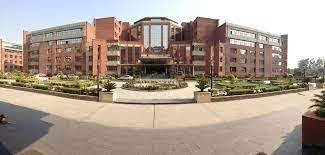


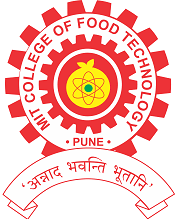



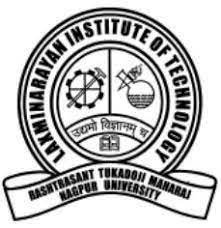



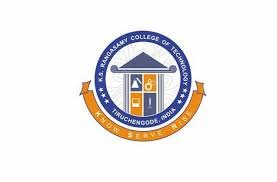


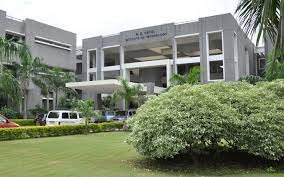
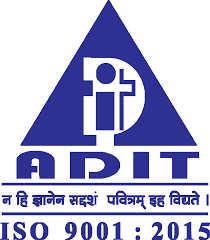
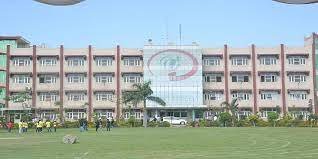


 back
back